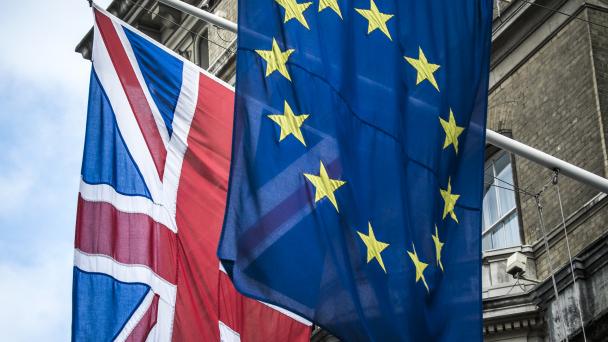Should Labour be questioning the economics of Brexit?

As Britain has become a more diverse society, people’s understanding of what it means to be British, an identity acknowledged by almost two-thirds of the population (64%), has shifted.
The latest chapter of the 41st British Social Attitudes (BSA) report, published today by the National Centre for Social Research (NatCen), finds that over the last decade, there has been a sharp fall in the proportion who believe someone’s family background is important to them being ‘truly British’.
The proportion who think it is important that someone was born in Britain has fallen from 74% in 2013 to 55% today. Similarly, those who believe it is important to have British ancestry has dropped from 51% to 39%.
In contrast, as many as 86% believe it is important to ‘respect British political institutions and laws’, similar to the 85% who expressed that view in 2013.
Overall, two-thirds (68%) could be classified as primarily having a ‘civic’, inclusive understanding of British identity, while just under one in five (19%) think of Britishness primarily in ‘ethnic’, exclusive terms that focus on birth and ancestry.
However, these figures vary according to people’s demographic background:
Fall in National Pride
Over the last decade, there has been a sharp fall in the proportion who take pride in Britain’s achievements:
However, most people still take pride in the country’s cultural and sporting achievements. 79% say they are proud of Britain’s achievements in arts and literature, while 77% say the same of the country’s sporting achievements.
Those with a civic understanding of what it means to be British (84%) are more likely than those with an ethnic one (74%) to express pride in Britain’s arts and literature. Conversely, they are less likely to be proud of Britain’s history (65% compared with 74%).
Gillian Prior, Deputy Chief Executive at the National Centre for Social Research, says: “Our latest report finds Britain has become more inclusive in its attitudes towards what it means to be British. These research findings show that whilst we are less likely to take pride in British history and more critical about its politics, there is still a great deal of national pride in the country’s cultural and sporting achievements. This change in attitudes may have been influenced by the increased diversity and shared citizenship within Britain, presenting a portrait of a nation redefining itself.”
Receive a regular update, sent directly to your inbox, with a summary of our current events, research, blogs and comment.
Subscribe